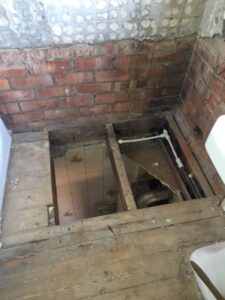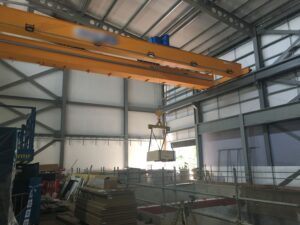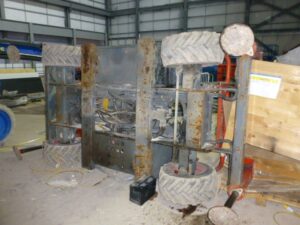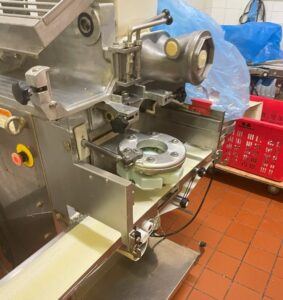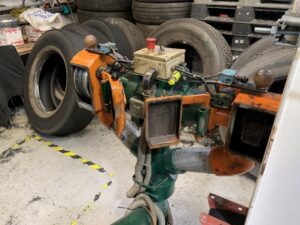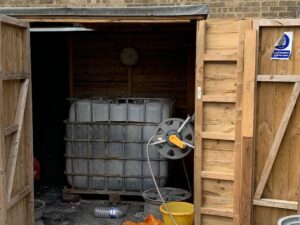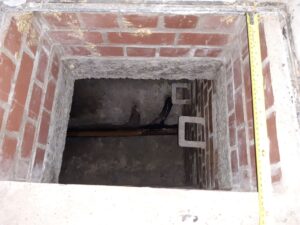Manufacturing company fined as worker suffers six bone fractures
A manufacturing company has been fined after an employee broke his arm while operating machinery at its site in Warwickshire.
Andrew Elson, from Rugby, suffered multiple fractures to the ulna and radius bones in his right arm while working at Screening Consultancy and Supplies Ltd on 25 November 2022.
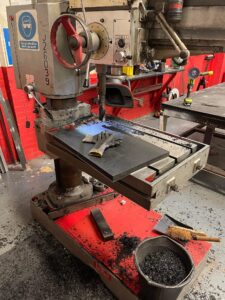
The 54-year-old had been clearing debris off the bed of a radial arm drill at the firm’s site on Somers Road in Rugby, when his right hand became entangled in the machine.
This led to Mr Elson sustaining six different bone fractures in his right hand and arm, that required surgery.
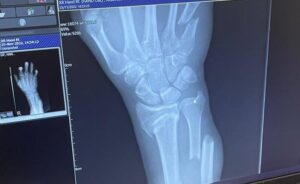
He said: “I totally lost my independence for around two months and my wife had to do everything.
“I don’t know what the future holds. I work a manual job with my hands, I don’t know how long I can continue to do this for.
“I still have trouble using my hands and fingers, and sometimes I wake up and they are stiff, numb, and achy.”
An investigation by the Health and Safety Executive (HSE) found Screening Consultancy and Supplies Ltd had failed to undertake a suitable and sufficient assessment of the risk associated with this work activity, and subsequently failed to implement a safe system of work.

HSE guidance can be found at: Health and safety in engineering workshops – HSG129 (hse.gov.uk).
Screening Consultancy and Supplies Ltd, of Somers Road, Rugby, Warwickshire, pleaded guilty to breaching Section 2(1) of the Health and Safety at Work etc. Act 1974. The company was fined £28,000 and ordered to pay costs of £3,616 at Birmingham Magistrates’ Court on 19 September 2024.
HSE inspector Charlie Rowe said: “This prosecution highlights how employers should adequately assess the risks and then ensure they have a safe system of work in place for the operation of all machinery.”
This prosecution was brought by HSE enforcement lawyer Chloe Ward and Neenu Bains, and supported by paralegal officer Melissa Wardle.
Notes to editors:
- The Health and Safety Executive (HSE) is Britain’s national regulator for workplace health and safety. We are dedicated to protecting people and places, and helping everyone lead safer and healthier lives.
- More information about the legislation referred to in this case is available.
- Further details on the latest HSE news releases is available.
- HSE does not pass sentences, set guidelines or collect any fines imposed. Relevant sentencing guidelines must be followed unless the court is satisfied that it would be contrary to the interests of justice to do so. The sentencing guidelines for health and safety offences can be found here.
